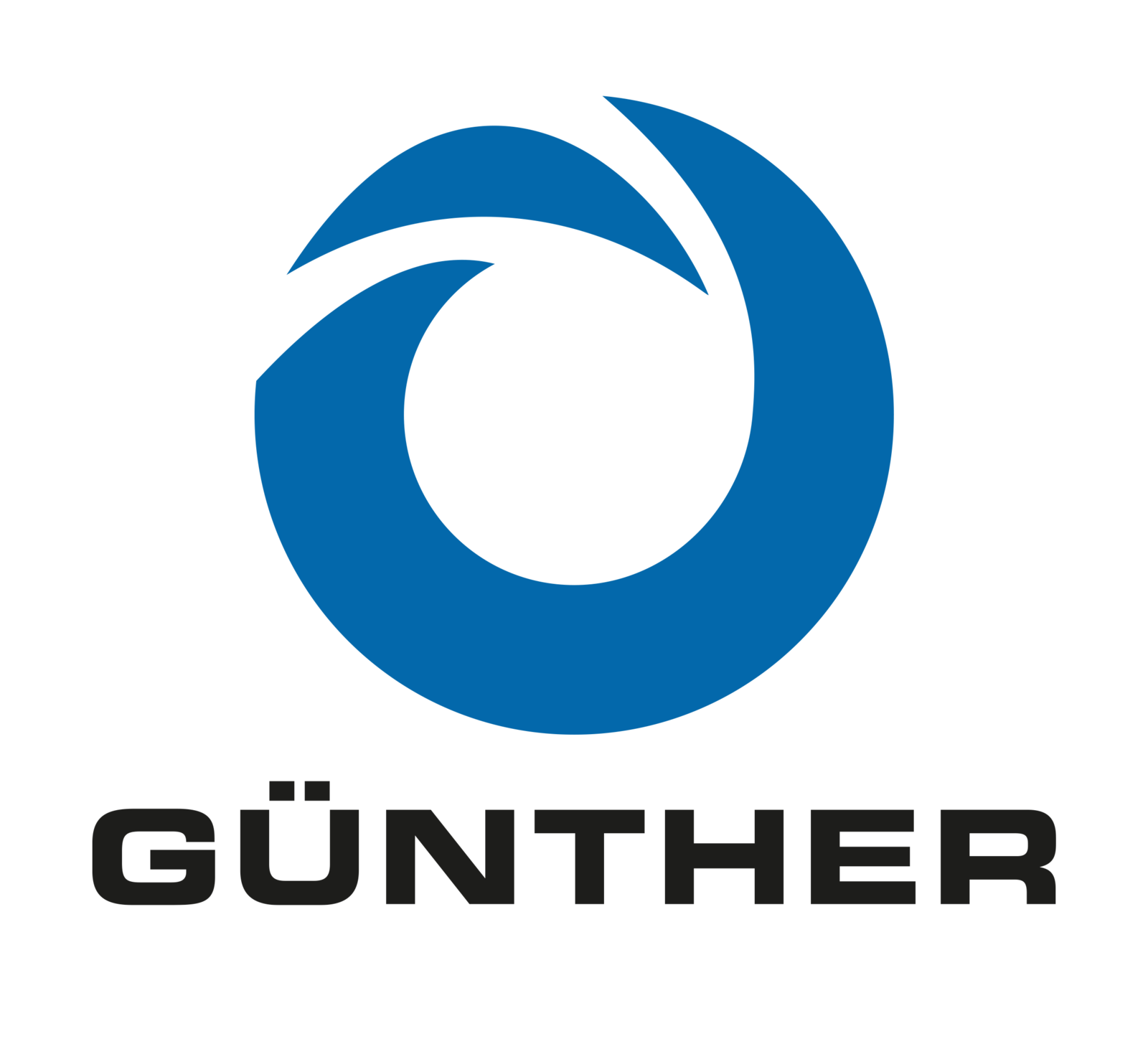Max Wild processes mineral construction waste into certified secondary building materials in a wet-mechanical processing plant. The mobile 2-fraction spiral shaft screen SPLITTER X2 from Anlagenbau Günther supports this processing.
Max Wild GmbH, headquartered in Berkheim, Baden-Württemberg, processes mineral construction waste in a wet-mechanical processing plant. These are returned to the cycle as certified recycled building materials. The soil washing plant cleans track ballast and slightly contaminated excavated soil so that the resulting sand and gravel can be reused as secondary raw materials. Around 80 percent of the input material is processed into certified secondary building materials in Max Wild's recycling plant. With its soil washing plant, Max Wild is one of the first construction companies in Germany to focus on the processing of mineral waste on a large scale: since commissioning in August 2020, Max Wild has processed a total of over 440,000 tons of mineral construction waste into 352,000 tons of secondary raw materials and filter cake.
Max Wild's wet-mechanical processing plant can handle a wide variety of waste: Low-polluted track ballast and excavated soil are processed. The recycling plant separates the input materials into their individual components using a multi-stage process; the input materials are therefore "washed". Max Wild returns the sand and gravel fractions uncovered during the cleaning process to the economic cycle as secondary building materials of equal value. The recycled construction waste is also given a second life in precast concrete parts, basement walls, floor slabs or as asphalt aggregates.
The delivered material usually contains aggregates > 80 mm, which can damage the heavy washing process. Max Wild has tested various screening processes to separate the large stones for effective pre-separation. With the mobile 2-fraction spiral shaft screen SPLITTER X2 from Anlagenbau Günther, the material is pre-separated to Max Wild's complete satisfaction and the stones are separated most effectively.
Loamy soils or even wet rubble and concrete form a sticky mass that is difficult to separate again with pure screening in order to remove the stones it contains. The apron conveyor in the SPLITTER X2 feed unit ensures that the material is equalized during material feed so that it is fed evenly onto the subsequent screening deck. With its stable and robust SPLITTER TWIN WAVE, the SPLITTER X2 is perfect for these heavy and sticky materials. Thanks to the adjustable angle of inclination of the spiral shafts, the material remains on the screen deck for longer and is effectively cleaned. The stones (or other larger components) contained in the feed material help to dissolve the sticky components through the falling movement and also ensure self-cleaning of the screen deck and consistent screen quality.
The undersize particles (0/80 mm) from separation are then fed directly to the floor washing plant. In the recycling plant, the washed material is separated and broken down by the input of mechanical energy. Downstream screening plants separate the individual aggregates. This separation is the main output of the plant: it separates or classifies the material into the various marketable aggregates. Max Wild uses this to produce individual grain mixtures, which in turn are used as recycled sand and gravel on construction sites or as aggregates in concrete or asphalt mixes.
"With our wet mechanical processing plant, we are making an important contribution to further increasing the recycling rate and establishing the use of secondary building materials. We know that there is often still a lack of acceptance for secondary raw materials in construction today. However, they are in no way inferior to primary raw materials," emphasizes Markus Wild. All secondary building materials processed by Max Wild at the Eichenberg recycling competence center are quality-monitored and certified. They meet the high quality requirements for civil engineering and road construction as well as for the concrete and asphalt industry.


